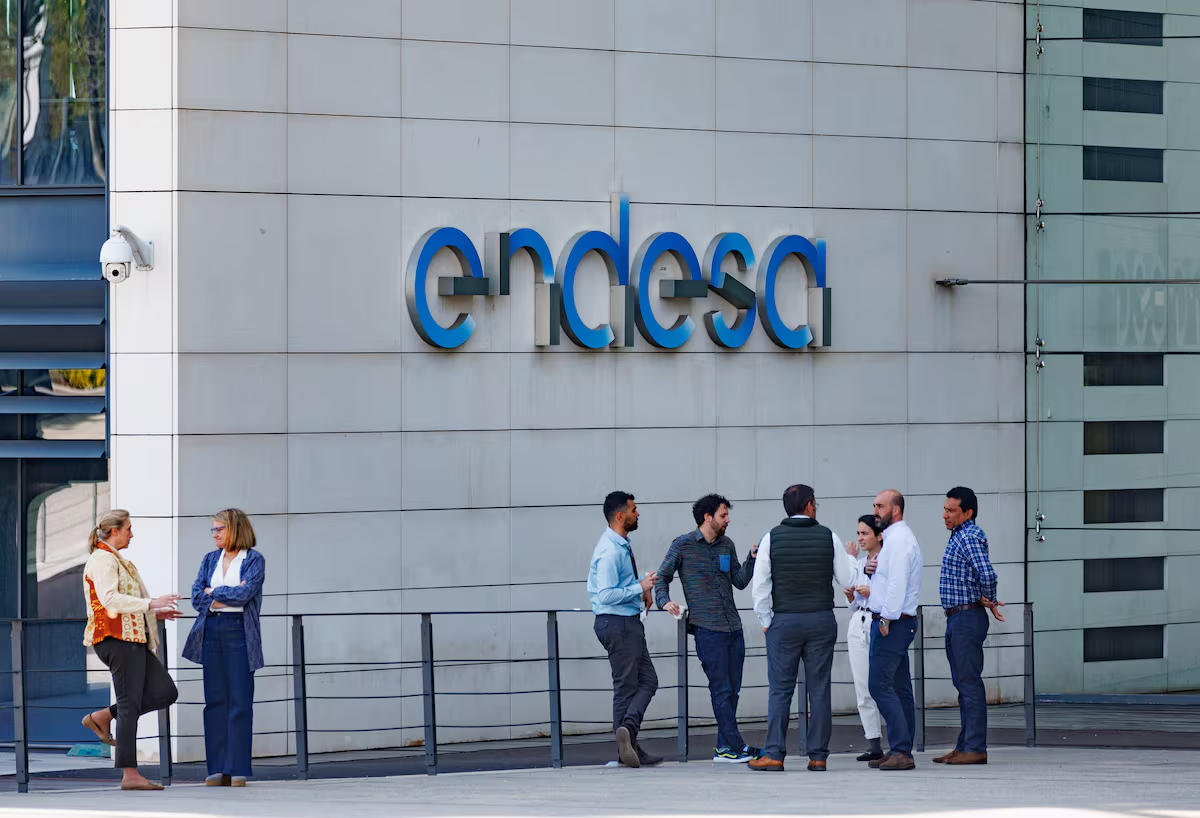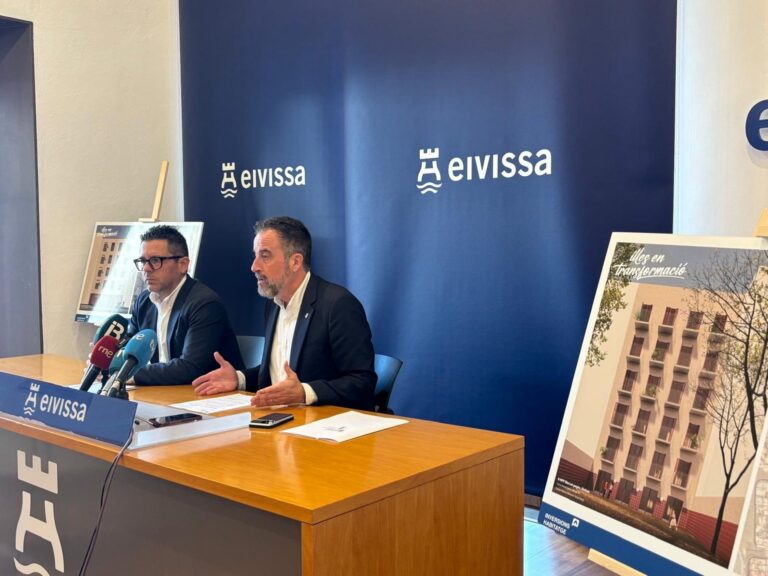The problem of squatting in Spain continues to be at the center of public debate. According to data from the General Council of the Judiciary (CGPJ), between January and September 2024, 1,782 judicial proceedings were registered for illegal squatting of residential properties. However, behind these figures hides a worrying reality: many affected people prefer not to report and seek other solutions to recover their properties.
The long judicial road
One of the main reasons why those affected decide not to go to court is the slowness of the judicial system. According to CGPJ data, the average time to obtain a judgment allowing the eviction of a property is approximately 24 months, including the first instance and possible appeals in the Provincial Courts. Verbal possessory proceedings in 2023 had an average term of 12 months in the First Instance Courts, while appeals in the Provincial Courts reached 11.2 months. This delay is due, among other factors, to the saturation of the courts and the complexity of the proceedings. In addition, recent regulatory changes, such as the Housing Law of 2023, have increased the requirements to initiate legal actions, especially in cases where squatters can allege situations of vulnerability.
Anti-kickback companies and out-of-court settlements
Faced with judicial collapse, more and more landlords are opting to negotiate directly with squatters or are turning to companies specializing in evictions. According to lawyers and associations of those affected, paying squatters financial compensation to leave the property has become a common practice. This strategy, although controversial, allows owners to recover their homes in a much shorter time than a judicial process would imply. However, it has also generated an increase in financial demands by squatters, with figures that, in some cases, reach 15,000 euros.
The “new anti-coup law” and its limitations
In December 2024, Congress approved a regulation introducing express trials for some squatting cases, allowing them to be held within an estimated 15 days. This measure, celebrated as a breakthrough in the fight against squatting, seeks to expedite proceedings in crimes of trespassing and home invasion. However, the law leaves out inquiokupaciones, which represent a growing proportion of the problem. These cases, where tenants willfully and willfully stop paying rent, are not considered criminal offenses and therefore cannot be fast-tracked for prosecution. In addition, landlords facing such situations are also affected by the restrictions of the Housing Act, which protects vulnerable occupants.










